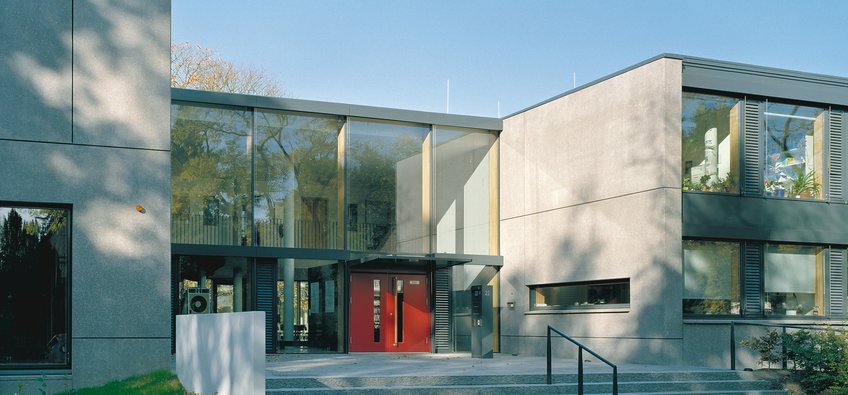
Max Planck Institute for the History of Science
The Max Planck Institute for the History of Science in Berlin conducts research into how new categories of thinking, of proving and experiencing have developed during the centuries-long interaction between the sciences and the cultures in which they are embedded. To this end, comparative studies, which transcend eras and regions, investigate the historical circumstances under which scientific culture and science emerged as one culture. The individual research projects span several millennia; they relate to the cultures of the West and the East, the North and the South, and to a varied range of disciplines: for example, from Babylonian mathematics to today's genetics, or from the natural history of the Renaissance to the beginnings of quantum mechanics.
Contact
Boltzmannstr. 2214195 Berlin
Phone: +49 30 22667-0
Fax: +49 30 22667-299
PhD opportunities
This institute has an International Max Planck Research School (IMPRS):
IMPRS - Knowledge and Its Resources: Historical ReciprocitiesIn addition, there is the possibility of individual doctoral research. Please contact the directors or research group leaders at the Institute.







